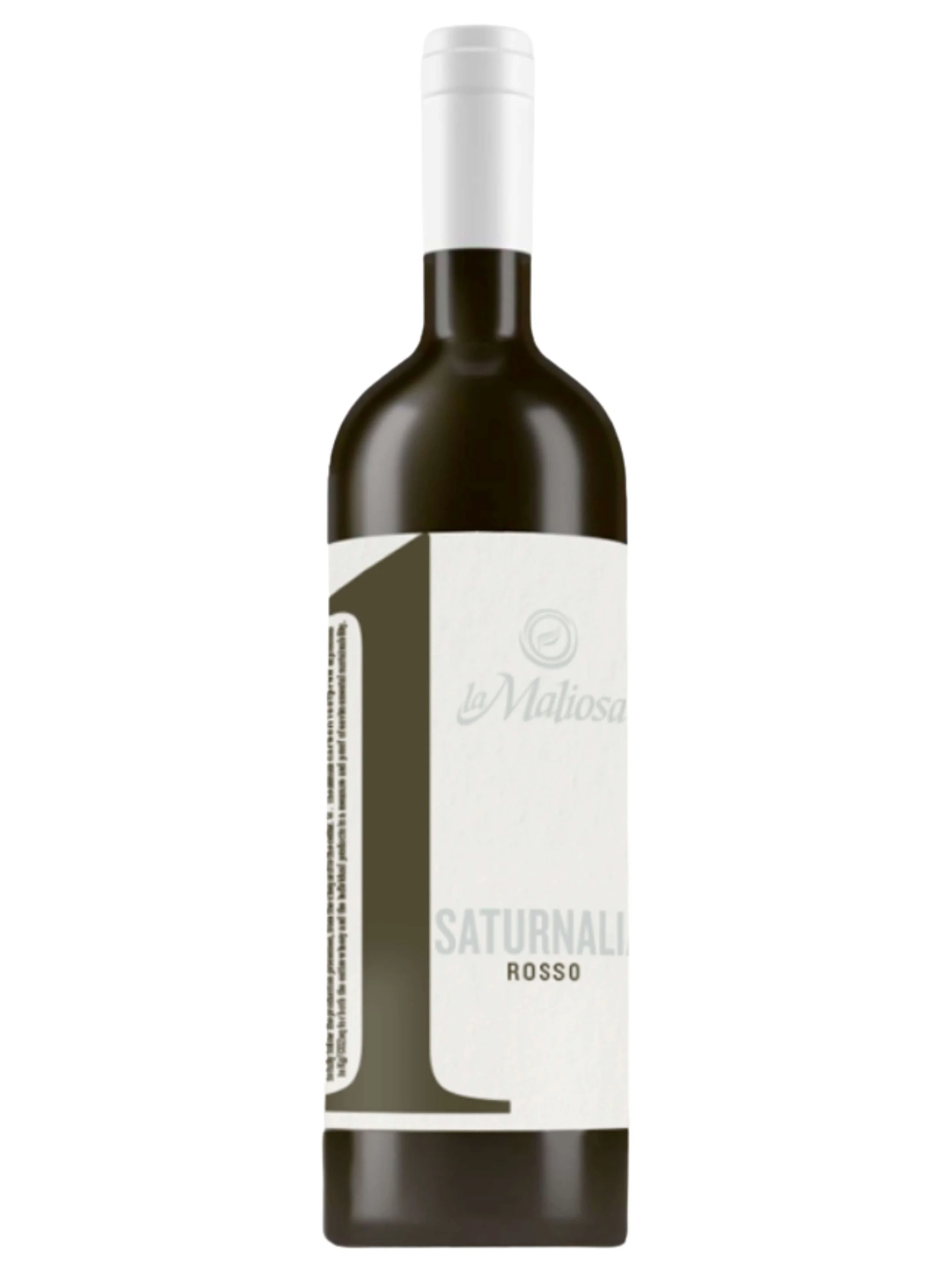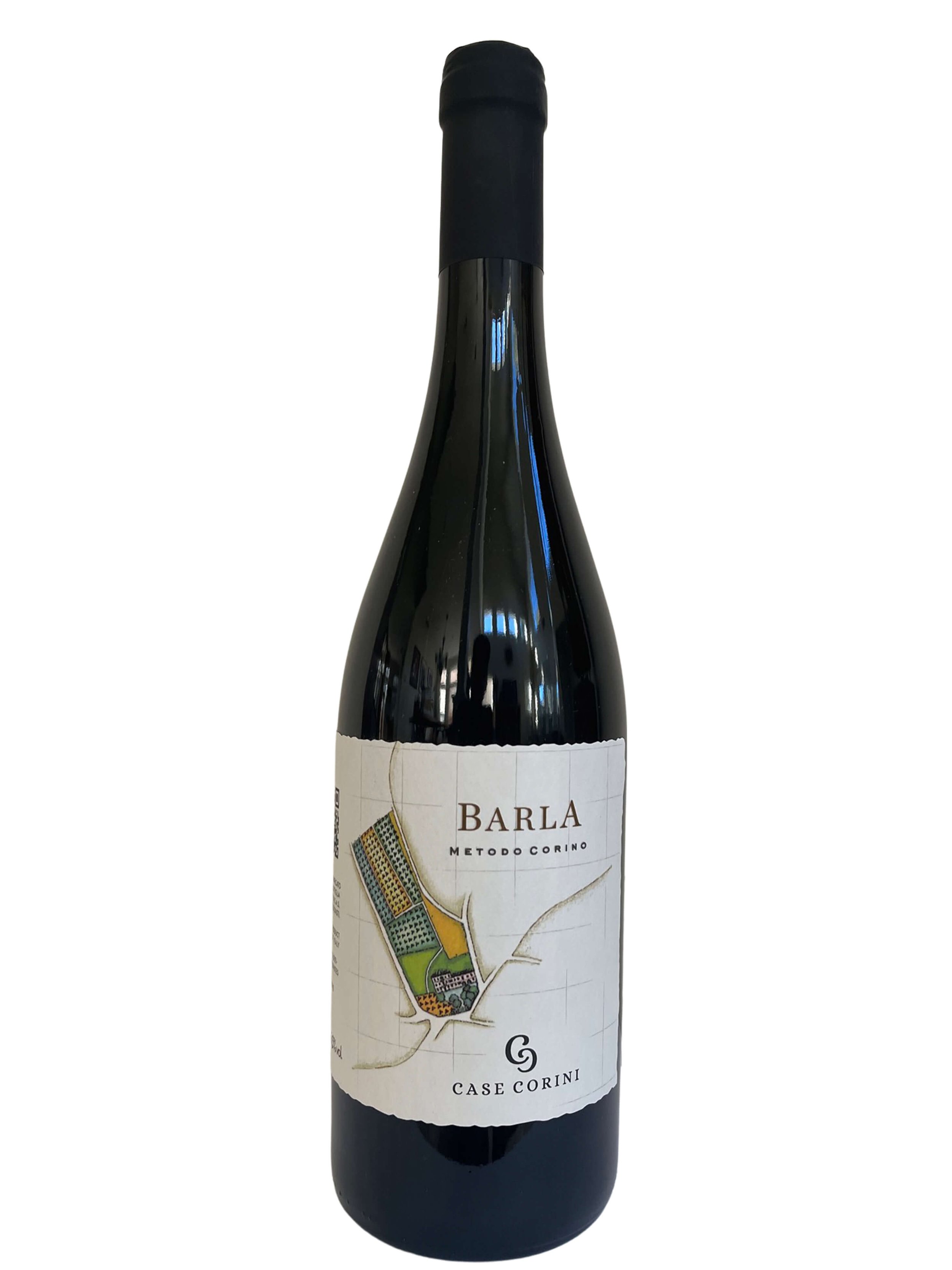What is Biodynamic Wine Anyway?
The wine buzzword we’ve been hearing people talk about most lately is biodynamic.
When our small production artisanal wine & foods company started 5 years, organic wine was big. People get this because the definition is in line with the organic foods sections in your local supermarket.
Then in 2019, thanks to movements like Raw Wine and influential journalists like Alice Feiring, we started to hear the term natural wine used more. Around the same time the term biodynamic started to get thrown into the mix as well.
Then post pandemic we’re hearing a lot about regenerative agriculture and regenerative farming.
Even someone working in the wine industry can have difficulty amidst the maze of these different terms: not only what do they mean, but also how do they impact the wine we drink, and food we eat?
If you recall, last year we wrote about some incoherencies with understanding natural wine in our article The Elephants in the Natural Wine Room. We also laid out these terms in this wine lingo article, however we only glossed over what biodynamics mean. This time around we will do a deep dive into what is biodynamic wine, biodynamic wine vs organic, and what makes up a biodynamic farm.
What does it mean if a wine is biodynamic?
This is a hundred million dollar question.
Of course, the easy answer is if the winery is certified biodynamic.
For example, when we searched “biodynamic” on Jamie Goode’s blog, a sought after expert on technical wine topics like this, the most recent article that popped up was about the first biodynamic winery in Romania. He said that he did not get to see any of their vineyards; instead he was relying on the biodynamic certification the winery received by an Italian organization.
Like organic, there are certifications for being biodynamic, however organic certification is something overseen by government authorities. For example, the European Union provides an organic certification to EU farms and wineries, however when importing EU certified organic wines into the US, it is not sufficient to show the EU certification and be able to put organic wine on your US government approved label. You have to instead follow US specific rules to write ‘organic wine’ on your label, which are different than the organic requirements in the EU.
Meanwhile, the US government, i.e., the TTB, which approves all wine labels, does not scrutinize if you put “biodynamic’” on your wine label. Therefore, the government does not hold you to a claim on your label. By the way, it is the same with other terms like "sustainable farming" and "sustainably grown," and many other trending terms, like those mentioned in our natural wine lingo article.
The most widely known certification body for being biodynamic is Demeter, which is recognized in the US, Europe and other parts of the world. In fact, they claim to be “the world's only certifier of Biodynamic farms and products.” Many of the companies certifying for Demeter, which often differ country by country, are the same ones that certify for organic as well. This, frankly, is convenient since if, for example, the certifying company already knows a farm / winery because they gave it an organic certification, it would be familiar already with the organization, practices and products, to allow the biodynamic certification process, in theory, to be more streamlined. Note that Demeter’s biodynamic certification does not just apply to wine but can apply to the farm’s food products as well.
Without getting into the details, it seems that Demeter is what you do when you farm on top of your organic regime requirements. In fact, when our founder, Sheila Donohue, several years ago asked the author of Biodynamic Wine, Monty Waldin, what biodynamic wine means, his explanation was similar: organic is all about what you “don’t do” and biodynamic is all about what you “do do.” High level this seems to be in line with what Demeter is looking for in their biodynamic certification process.
But there is a lot behind biodynamic farming. After all, if it were easy, wouldn’t every farm be biodynamic? Plus, in the space of small farmers where Vero ‘lives,’ let’s face it: most small farms don’t have neither the time, resources nor money to pursue a biodynamic certification, in fact many don’t even get organic certifications.
So how can you know who is practicing biodynamic agriculture?
Peeling back the “biodynamic onion”
Rudolf Steiner
Let’s start with Wikipedia, in fact, Wikipedia has the #1 spot when googling “biodynamic wine.” It says that biodynamic methods is basically organic farming “while also employing soil supplements prepared according to Rudolf Steiner's formulas, following a planting calendar that depends upon astrological configurations, and treating the earth as ‘a living and receptive organism.’”…
Who was this guy, Rudolf Steiner? Why is Wikipedia elevating him in such an important status in the realm of biodynamics? How did astrology all of a sudden come into the picture when talking about farming?
Continuing this rabbit hole on Wikipedia, they describe Rudolf Steiner as an Austrian “occultist” among other professions, who “attempted to find a synthesis between science and spirituality.” He became known as the father of biodynamic agriculture thanks to farmers, concerned for the future of agriculture, who had reached out to him for help. This led him to do research and publications on farming techniques, filling a need for those seeking holistic ways of farming, in contrary to where modern agriculture was taking the land, the fruits of the land, and ultimately impacting us human beings, with negative consequences.
This is showing closed cycle, or closed loop, farming. Lorenzo Corino to your left showed soil in one of La Maliosa’s vineyard, while his son, Guido, is showing soil in the one of the Corino family’s vineyard.
Following Lunar Cycles versus Astrology
There definitely has been some backlash on Rudolf Steiner’s beliefs which have evidently carried into the definition of biodynamic farming, such as claims that his teachings about biodynamic agriculture is based on “pseudoscience” and “magic.”
In his defense, following lunar cycles is an ancient viticulture practice going back to the Etruscans and even the Greeks, as Lorenzo Corino pointed out in our last, and, sadly, final, recorded talk, where he said “The moon is very important. It is doing the tide and the birth. For example, during a new moon the vine grows faster.” In fact, Aldo Clerico, farmer & winemaker in the Langhe, shows the lunar cycle on his Barolo and other red wine labels. Like Lorenzo Corino, Aldo is a firm believer that you should plant a vine during a new moon, when the plant is stronger, and then to bottle on an old moon, in order for the wine to age longer in the bottle. In fact, Aldo has noticed that bottling during a full moon. there is more risk of a second fermentation happening in the bottle, along with oxidation.
But if you ask Aldo Clerico if he is biodynamic he’ll say “No” saying that biodynamic farming and winemaking involves following planets (aka astrology) which is not prudent and too risky. Lorenzo Corino was along the same lines when we spoke with him saying “following the moon is not biodynamics. Biodynamics is from ‘yesterday’.”
Similarly, during our VeroTalk last fall with vigneron Andrea Ivaldi, he explained how he farms his vineyards, where he mulches and applies plant-based cover crops, which are regenerative agriculture principles. Yet, when he asked if he was biodynamic, he gave a quick and flat-out ‘No’ as an answer.
So, between these 3 wine growers, Aldo Clerico, Lorenzo Corino, and Andrea Ivaldi, who all seem to be following and believing in aspects of biodynamic farming, hold a common opinion that they are NOT biodynamic - that a biodynamic farmer is one who uses astrology to guide them instead of scientific principles.
Closed Loop Agriculture
Then we turned to Antonella Manuli, founder of La Maliosa Farm & Winery in Maremma, Tuscany. When La Maliosa was started “from scratch” by Antonella about 15 years ago, they got certified Demeter certified, quite early on, in 2011. In this testament from those early years, La Maliosa explains that they made decision to get certified to have an external verification of their commitment to biodynamic agriculture. Fast forward to today, we asked Antonella why she considers La Maliosa to be biodynamic and she answered “We practice a closed cycle agriculture and give maximum attention to life in the soil. However we don’t spray Demeter commercial preparations on our vineyards.”
This picture of biodynamic farmer Guido Corino on the border of his property and his neighbor’s demonstrates 1 of the many benefit of closed loop farming, which is minimizing erosion. Guido is standing on his neighbor’s property that practices conventional farming whose vineyard property at one point was the same height as Case Corini’s property to your right.
What Antonella is referring to as “closed cycle” is also referred to as “closed loop agriculture”. We found this definition which says it’s a “farming practice that recycles all nutrients and organic matter material back to the soil that it grew in. This forms part of an agricultural practice that preserves the nutrient and carbon levels within the soil and allows farming to be carried out on a sustainable basis.”
This definition is definitely a mouthful, as there are papers written about this practice, including the patented Metodo Corino, which Antonella Manuli created together with Lorenzo Corino, to have a playbook for farming and making wine in as natural way as possible. When you think about it, you can see many benefits to this painstaking practice, where as a vintner you spend more than 50% of your resources on the soil. The bottom line is that using a closed cycle farming approach , you not only give back to the earth but you leave it also in better condition. That is ultimately why there is so much hype about sustainability lately and what sustainability investments are trying to achieve, no?
Treat Your Farm as 1 Interconnected Ecosystem
We also recently turned to Lorenzo Corino’s son, Guido, to get his take on what is a biodynamic winery. He caught on, perhaps, to the confusion of the term biodynamic, and clarified that in biology versus agriculture, biodynamic as an adjective has different meanings.
In biology, biodynamic refers to “the dynamic relationship between organisms and the environment; our approach (at Case Corini) in the cultivation and management of the soil and plants is to respect these very important natural relationships as much as possible. Care for the environment therefore springs, above all, from respect for these elements, which interact together as 1 ecosystem, interactions that have taken place between them over time.”
Meanwhile, Guido recognizes that in agriculture the definition of biodynamic has spawn off a completely different meaning, due to those that have taken Rudolf Steiner’s vision and teachings to heart and have created a “series of pseudoscientific practices.” He then admitted in his email to us last week that he is getting married soon and does not have the time to “go there,” implying that there is a pandora’s box of debates and disagreements when you talk about biodynamic in the context of farming and winemaking.
Sustainability first
So there! Sounds like the topic of biodynamic wine is a hot potato talking amongst different wine growers, at least in Italy. We only touched the surface on this profound, and controversial, farming practice.
This article may have left you feeling more confused about what biodynamic farming is. But when it comes down to it, you as a wine buyer or wine drinking consumer can make up your own mind about what it means to you. Of course, a certification is convenient because it is usually clearly marked on the wine label. But, as you learned in this article, many wine producers are not certified biodynamic, yet they still follow biodynamic farming principles. So how do you know without doing a ton of research?
By relying on a supplier like Vero that seeks out small wine farms - people who are farming their own land, often for many generations, and want their land and soil to be as healthy as possible, and to last for future generations.












